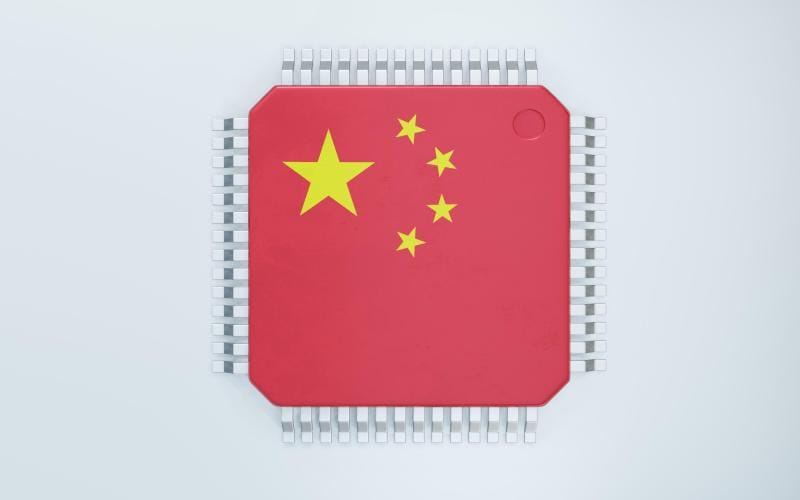
Matthew's Comments: "With China last week banning the export of technology to make rare-earth magnets, now is a good time to review efforts by the U.S. and its allies to enhance resilience at this raw material end of the military supply chain where Beijing has achieved dominance in many respects. A CSIS report published in July that I wrote about for Aviation Week Network focuses on China's control of gallium, but the themes of diversification and stockpiling are relevant for other rare-earth metals as well. Excerpts below:
Given its ability to enhance detection range and target discrimination, GaN [gallium nitride] technology is used in a wide array of military radars and defense
systems, including Raytheon’s Patriot, GhostEye, SPY-6 and TPY-2, the primary radar in Lockheed Martin’s Terminal High Altitude Area Defense (THAAD) system. Described by Raytheon as 'the eyes of THAAD,' TPY-2 radars in terminal mode guide interceptors toward a descending missile’s warhead.
China is well positioned to capture opportunities in GaN chips because of its domination of raw material supply chains and its strong industrial base. For instance, the Chinese company Innoscience, founded by a former NASA scientist, operates two of the world’s largest GaN semiconductor fabrication facilities. Innoscience counts among its partners and investors South Korea’s SK Group, the Netherlands’ ASML and the venture capital arm of the Aviation Industry Corporation of China (AVIC).
Although the U.S. and its allies know of gallium’s importance and the risks posed by China’s dominance of the mineral’s supply chains, to date they have not acted to bulwark supply chain resilience. Rather, CSIS notes that they have been more concerned about ensuring access to lithium and cobalt–also dominated by China–because of those minerals’ integrality to green technologies.
The think tank recommends that the U.S. government take five steps to boost gallium supply chain resilience and blunt China’s advantages: develop domestic gallium production lines, build gallium production capacity in friendly countries like Germany and Australia, promote gallium recycling, maintain a defense industry minimum one-year stockpile of the mineral, and improve related data about the mineral’s production and supply chains."
#aerospace #defense #aviation #supplychain #rareearths #semiconductor #military #nationalsecurity #china #gallium #nasa #asml #rtx #raytheon

